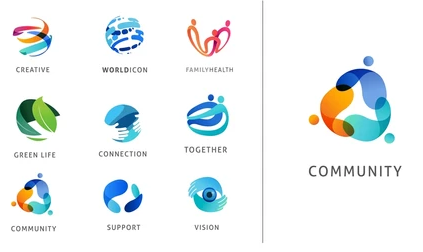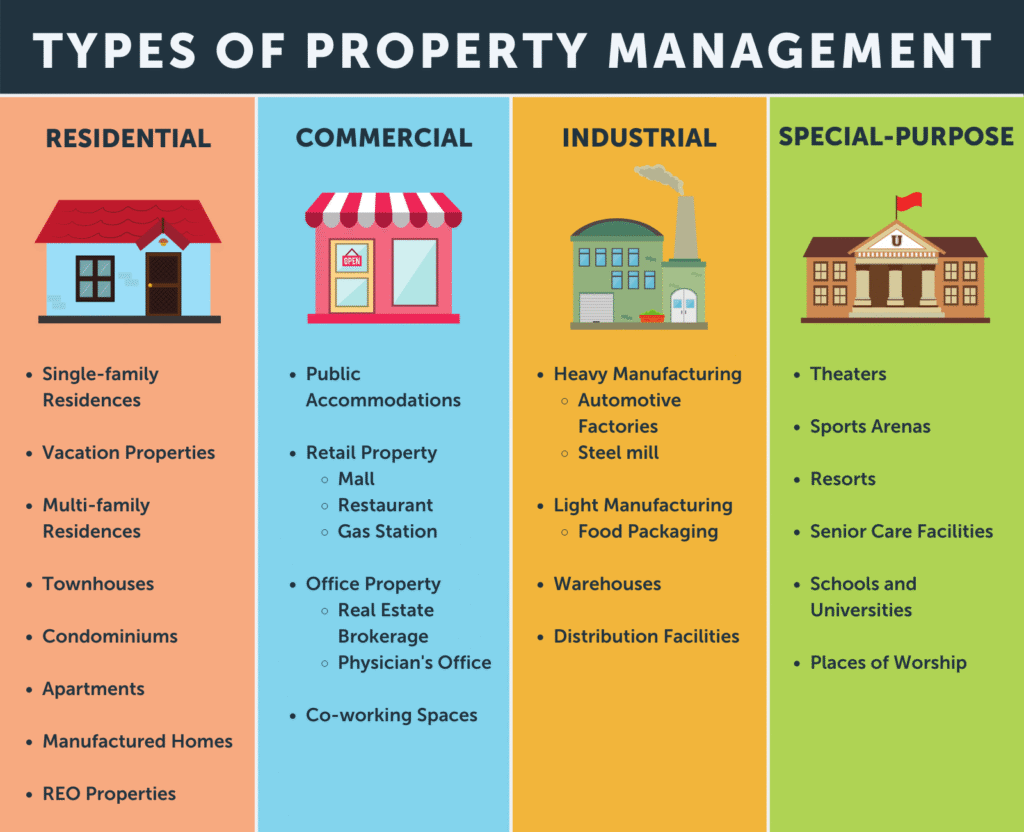🔝 The Leading Real Estate Companies in Kenya (2025 Edition)
Here are some of the most reputable and impactful firms currently shaping Kenya’s property market:
| Company | Headquarters | Focus Area | Notable Projects |
|---|---|---|---|
| Buykenya.com | Nairobi | Affordable Housing | Umoja Village, The Rockwell |
| Tatu City Development Company | Thika | Smart Cities | Tatu City Urban Development |
| Prestige Group | Nairobi | Luxury Residential | Prestige Apartments, Villa Rosa Residences |
| Garden City Group (Centum Investment Co.) | Nairobi | Mixed-Use Developments | Garden City Mall, Two Rivers Mall |
| Jamii Bora Housing Ltd | Nairobi | Affordable Homes | Nyumba Yetu Estates |
| Sameer Africa | Nairobi | High-End Property | Karen Country Homes, Muthaiga Villas |
| Britam Properties | Nairobi | Institutional Real Estate | Britam Tower, Asset Management |
| Stima Housing Limited | Nairobi | SACCO-Based Housing | Kikuyu Hills Estate, Runda View |
| Triton Properties | Nairobi | Mid-Range Residential | Triton Heights, Diani Sea Cottages |
| Kingsight Developments | Nairobi | Eco-Friendly Homes | Modular homes in Karen |
📌 These companies lead large-scale development and investment across Nairobi and beyond.

📋 Types of Real Estate Companies in Kenya
The real estate sector in Kenya includes several key categories of firms:
1. Residential Developers
Build apartments, townhouses, and gated communities.
- Examples: Home Afrika, Jamii Bora, Prestige Group
2. Commercial & Mixed-Use Developers
Focus on malls, office towers, and retail centers.
- Examples: Garden City Group, Sameer Africa, Centum REIT
3. Land & Affordable Housing Agencies
Offer accessible homeownership through government-backed programs.
- Examples: Stima Housing, Jengo Real Estate, NCBA Housing Finance
4. Property Brokerage & Sales Firms
Facilitate property transactions between buyers and sellers.
- Examples: Knight Frank Kenya, Savills Kenya, Austin-Holman & Associates
5. PropTech Platforms & Crowdfunding Providers
Digitize real estate access for small investors.
- Examples: Zameen Africa, Eneza Investments, Zamara Africa
6. Industrial & Logistics Developers
Specialize in warehouses, factories, and transport-linked land.
- Examples: Industrial Area Nairobi, Athi River logistics hubs
7. Smart City & Master-Planned Community Builders
Develop integrated urban living spaces.
- Examples: Konza Technopolis, Tatu City
8. Luxury & Expatriate-Focused Developers
Cater to high-net-worth individuals and expats.
- Examples: Karen Country Homes, Muthaiga Villas
9. SACCO-Based Housing Cooperatives
Offer affordable financing through cooperative structures.
- Examples: Jamii Bora Housing, Stima Housing
10. International Partnerships & Joint Ventures
Collaborations between Kenyan and foreign firms driving large-scale projects.
- Examples: Actis (Tatu City), Majid Al Futtaim (Two Rivers Mall)

🧭 How to Choose the Right Real Estate Company
When selecting a firm to work with, consider the following factors:
| Factor | Why It Matters |
|---|---|
| Track Record | Look for completed, verified projects |
| Transparency | Ensure clear documentation and pricing |
| Customer Reviews | Check online ratings and testimonials |
| Licensing | Confirm registration with ISK or relevant authorities |
| Payment Plans | Flexible financing options available |
| Legal Support | Ensure title verification and compliance |
📌 Tip: Always verify land ownership documents with a licensed surveyor and advocate before purchase.
📊 Regional Breakdown: Where Real Estate Companies Are Active
| Region | Key Developers & Agencies |
|---|---|
| Nairobi | Home Afrika, Knight Frank, Savills |
| Mombasa | Sameer Africa, local coastal agents |
| Eldoret | University-linked housing schemes |
| Naivasha | Land banking and industrial development |
| Ruiru | Affordable housing boom and SACCO-backed deals |
| Konza Technopolis Zone | Tech city development attracting global tenants |
🚨 Red Flags to Watch Out For
Avoid working with unverified or fraudulent firms by watching for these signs:
| Red Flag | What It Means |
|---|---|
| No physical office | Could be a scam or fly-by-night operation |
| Unlicensed brokers | Increases risk of fraud and legal issues |
| Overly aggressive marketing | May indicate desperate sales tactics |
| No verified title deeds | Risk of double-selling or forged land claims |
| Too-good-to-be-true payment plans | Often linked to underdeveloped or disputed land |
📌 Always conduct due diligence and use certified professionals.
📈 Emerging Trends Among Real Estate Companies
The real estate industry is evolving fast:
| Trend | Impact |
|---|---|
| Digital Listings | Online platforms like Zameen Africa gain traction |
| Crowdfunding Models | More companies offer fractional ownership |
| Green Building Initiatives | Sustainable materials and energy-efficient designs |
| REITs Expansion | Retail investors now access commercial assets |
| Smart Cities Development | Tatu City and Konza attract institutional investment |
📈 These changes are making real estate more inclusive and transparent.
Frequently Asked Questions (FAQs)
Q1: Can foreigners invest in property developed by Kenyan companies?
A1: Yes—foreigners can lease land for up to 99 years through legitimate developers.
Q2: Are there REITs in Kenya?
A2: Yes, Kenya launched its first REIT in 2020—offering small investors access to income-generating commercial properties.
Q3: Do I need to be registered with ISK to buy property in Kenya?
A3: No, but it’s important if you plan to practice as a valuer or agent.
Q4: What documents do I need when buying from a developer?
A4: Title deed, NOC (No Objection Certificate), sale agreement, and payment receipts.
Q5: Is it safe to invest in upcoming areas like Konza or Naivasha?
A5: Yes—especially if you conduct proper due diligence and understand future infrastructure plans.
